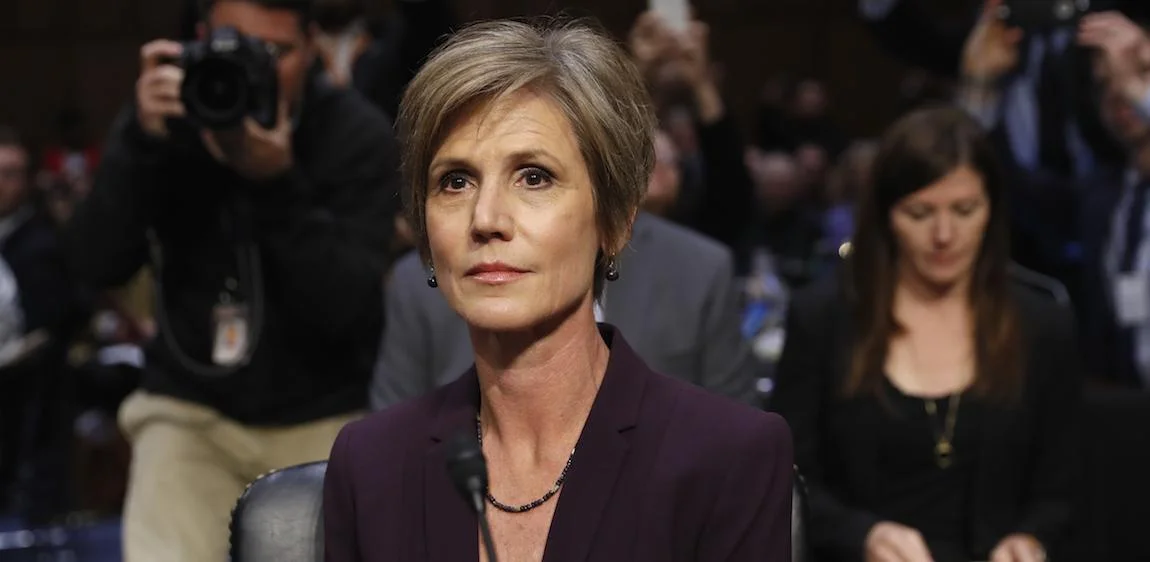Early Takes on Trump: New Hampshire By Christopher Galdieri
Donald Trump has a complicated relationship with New Hampshire. His victory in the primary here last year revived his campaign after his loss to Ted Cruz in Iowa, and Trump made visit after visit to the state during the general election campaign. But he never made peace with the Republican establishment in the state, and his candidacy probably cost incumbent Kelly Ayotte a second term in the Senate. On Election Day, New Hampshire went for Hillary Clinton by just under 3,000 votes. How is Trump doing four months into his term?
University of New Hampshire polls conducted in February and May found Trump underwater, with just 43 percent approving of his performance in office in each poll, while 48 percent in February and 47 percent in May disapproved. In this regard, New Hampshire is not that much different from the rest of the country in its assessment of Trump. Polling has generally shown more respondents disapproving of Trump than approving of his performance since shortly after the inauguration.
One might expect a new president and party leaders in a swing state to seek to mend fences in anticipation of the next election. The state's new Republican governor, Chris Sununu, supported Trump in 2016, as did his father, former governor and White House chief of staff John Sununu.
But many Republican leaders in the state never warmed to Trump. A handful, like former U.S. and state senator Gordon Humphrey, went so far as to endorse Hillary Clinton. Kelly Ayotte, wrote in Mike Pence rather than vote for Trump. Trump's baseless claims since the election that fraudulent voting cost him the state's electoral votes have done him no favors with the sorts of old-guard, Yankee Republicans who still hold considerable sway in the state, with many publicly criticizing Trump for his remarks.
What makes this elite discontent interesting is the prospect of a potential primary challenge to Trump from Ohio governor John Kasich. Kasich placed second in the primary last year (and received over 1,300 write-in votes in the general election), but one can still see "Don't blame me, I voted for Kasich" bumper stickers on cars around Concord, and drivers taking Route 293 through Manchester pass a banner in support of the Ohio governor still displayed on his former campaign headquarters. Kasich did not vote for Trump or attend the Republican National Convention and was likely to run in 2020 had Clinton won the election.
Kasich says he has no plans to run in 2020, but he recently visited New Hampshire and Saint Anselm College to promote his new book. If his plans were to change, he might well find receptive ears among many Republicans in the state. Additionally, Kasich (like Jon Huntsman in 2012, Mike Huckabee in 2008, and John McCain in 2000 before him) managed to become many Democrats' favorite Republican during the 2016 primaries. Some Democrats and unaffiliated voters might also choose to vote for Kasich in the GOP primary come 2020 in the hopes of weakening Trump's re-election prospects.
As for the state's Democrats, one might have expected New Hampshire's all-Democratic, all-female congressional delegation to be muted in their criticisms of Trump given the closeness of the result here last year, and how narrow the margins of victory for Maggie Hassan and Representatives Carol Shea-Porter and Annie Kuster were (Shea-Porter and Kuster have both lost midterm elections at various points in their congressional careers). New Hampshire's senior Senator, Jeanne Shaheen, pioneered the pragmatic, problem-solving style that Democrats like John Lynch and Maggie Hassan, adapted to win their own races. But all four have been vocal from the start of Trump's administration.
Shaheen, Hassan, and Representative Carol Shea-Porter all spoke at the January 21 protest rally at the state capitol in Concord, while Representative Annie Kuster marched in Washington. Hassan also made an early splash with her critical questioning of Betsy DeVos at her confirmation hearings.
It's clear that all of these Democrats see little political danger to their political prospects in vocally opposing Trump and his policies, despite coming from a competitive swing state. The 2018 midterms will be the first indications as to whether or not they're right.
Christopher Galdieri is Assistant Professor of Politics at St. Anselm College.





